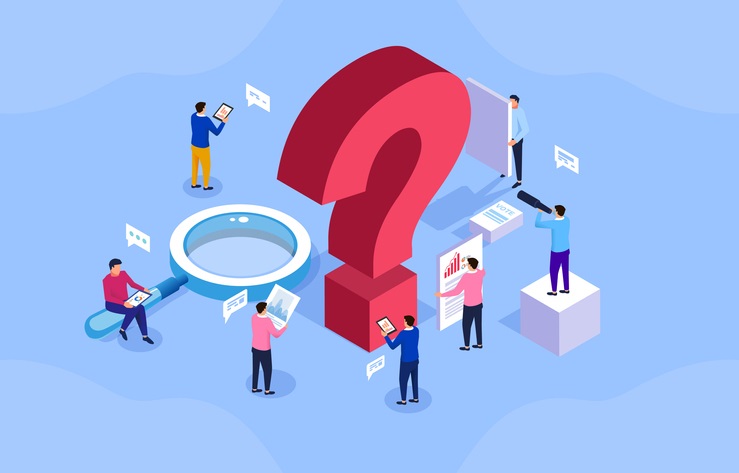
“There is very little difference between people but that little difference makes a big difference.” – W. Clement Stone
One little difference that makes a big difference is possessing/acquiring CTS: Critical Thinking Skills. A fundamental part of Critical Thinking Skills is asking focused, intelligent, provocative questions which in turn involves understanding the Cycle of Inquiry.
The Cycle of Inquiry involves sequentially asking “Why, What if, and How”, often over and over.
Asking “Why?” or “What is Our True Goal?” focuses on the desired outcome, the ultimate purpose we wish to direct our energies toward, the underlying meaning of the inquiry. Why there is a problem, why it is a problem (from another perspective or to someone else it may not be a problem). Why does it still exist i.e. why hasn’t it been solved already?
Asking “What if?” or “How Might We?” or “What other paths lead to our Desired Result?” helps us clear away obstacles in our minds, free our imaginations, and lets us see different worlds. A variation of this is “Clean Sheeting” i.e. imagining that we are starting from scratch. We are building from the ground up versus attempting to modify an existing system or situation. If we were starting all over, what would we do differently?
Asking “How?” or “What Would it Take?” leads us to the practical stage: creating action plans. When folks tell me something can’t be done, I ask, “Could you do it if you had a million dollars?”. Often the answer changes to, “Sure, if I had a million dollars I could.”. I then say, “Well, then it is possible, we just need to find a more economical, cost effective way to do it!”.
Questions are the “Engines of the Intellect”, leading us to challenge the status quo and seek new, different and better ways. The act of formulating questions organizes our thinking. The most effective questions are open-ended (i.e. do not contain presumptions or constraints), solution-focused, action-oriented questions that concentrate our creative energies on transforming possibility into reality.
Closing Quotes:
“The most important part of my personality as far as determining my success has been my questioning conventional wisdom, doubting experts, and questioning authority.” – Larry Ellison, founder, Oracle
“If you don’t ask the right questions, you don’t get the right answers. A question asked in the right way often points to its own answer.” – Edward Hodnett, “The art of problem solving: how to improve your methods”
“Successful people ask better questions, and as a result, they get better answers.” – Tony Robbins, “Awaken the Giant Within” and “Unlimited Power”
“For true success ask yourself these four questions: Why? Why not? Why not me? Why not now?” – James Allen, 18-64-1912, “As a Man Thinketh”
“Don’t just teach your children to read. Teach them to question what they read, teach them to question everything.” – George Carlin
“The uncreative mind can spot wrong answers, but it takes a very creative mind to spot wrong questions.” – Anthony Jay
“To be able to ask a question clearly is two-thirds of the way to getting it answered.” – John Ruskin, 1819-1900
“I found I wasn’t asking good enough questions because I assumed I knew something.” – Alan Alda
“Asking the right questions takes as much skill as giving the right answers.” – Robert Half
“We thought that we had the answers, it was the questions we had wrong.” – Bono
“We live in the world our questions create.” – David Cooperrider
As always, I share what I most want and need to learn. – Nathan S. Collier


0 Comments